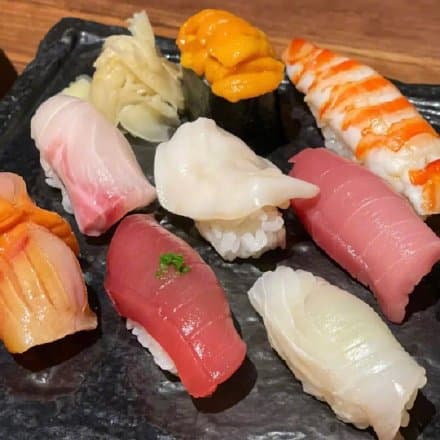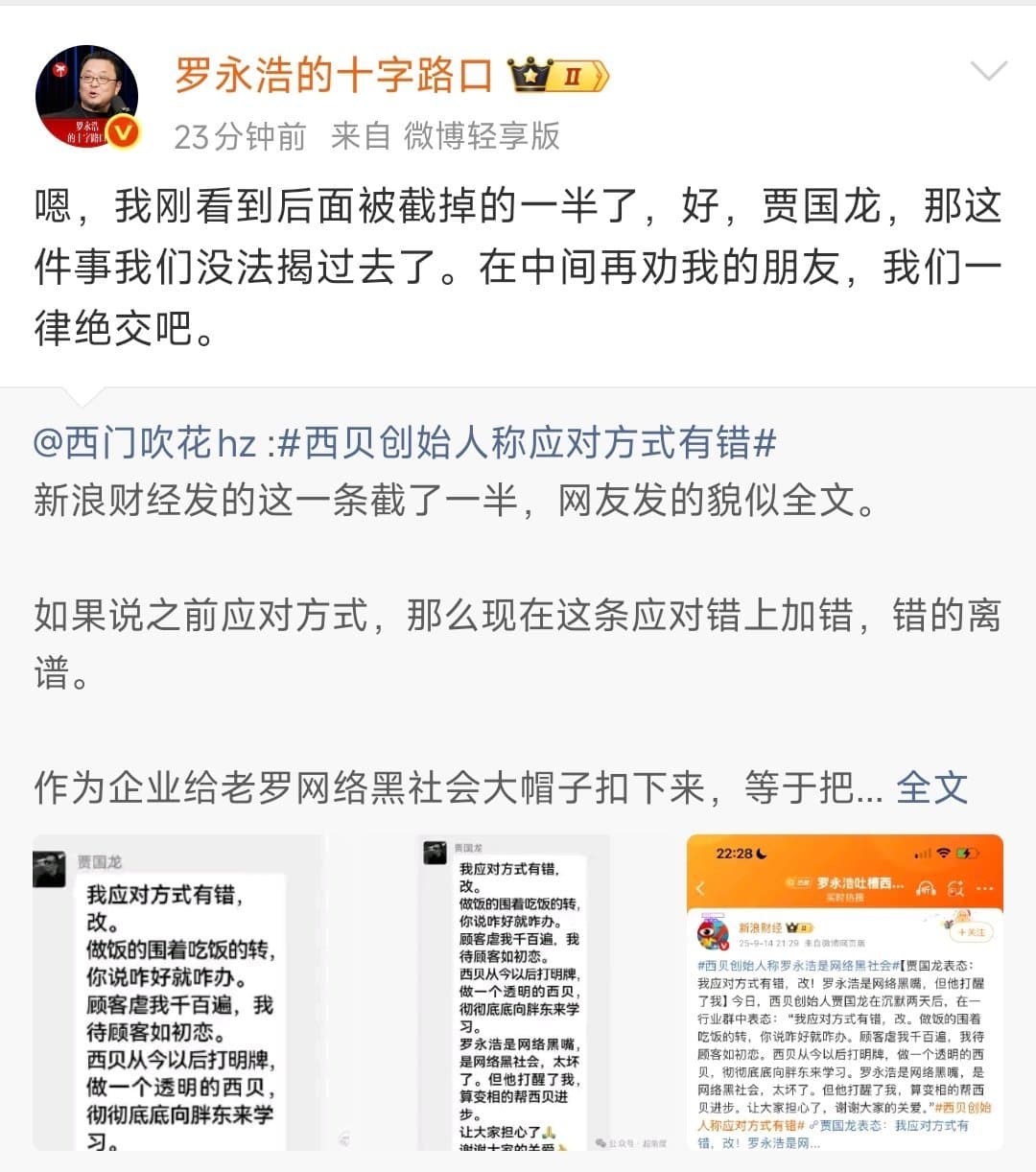Sushi actually originated in China", Chinese social media remarks
Beijing: In a wave of animated chatter, Chinese social media platform Weibo has recently found itself embroiled in a debate surrounding the historical origins of sushi. The popular Japanese dish is being touted by some netizens as originally a Chinese invention, with a trending hashtag #寿司起源于中国并非日本 (Sushi originated in China, not Japan), sparking a colourful spectrum of opinions.

29 June 2023
Some netizens seem to relish the idea of sushi's Chinese roots. For instance, user @夏蒙funny asserts that it's "normal, as Japan was deeply influenced by China." On a similar note, @丘慕尘 reinforces, "Japan itself originates from China, let alone sushi." Adding a humorous twist, @突然发财的小王子 reminds everyone, "I believe everyone has eaten rice balls," hinting at a connection between sushi and a simple Chinese food item.
Yet, this claim is not going uncontested. @雅痞邓棋元 evokes another country into the mix, saying, "Korea is not convinced." @换个名字还是重复了 queries, "Is it possible that it originated from Korea?" Clearly, this debate is not confined to a binary Japan-China discussion and has tapped into regional rivalries.
A layer of national pride and animosity also runs through the online dialogue. User @无所追求爱自由 criticises Japanese influences and infiltration into China, while @上野蛮的网 suggests that those appreciating sushi and cherry blossoms, symbols of Japan, are unpatriotic.
Amongst these sentiments, some users attempt to shift the focus. @主播少宫 and @区塔罗牌 argue that it's not the origin that matters but the country that popularised the dish or sport. The famous Chinese Ping-Pong diplomacy is cited as an example where a sport, although invented in England, is synonymous with China.
In terms of historical accuracy, sushi, as we know it today, was indeed developed in Japan. However, its precursor, a form of fermented fish and rice, is traced back to the Mekong River region in Southeast Asia. It then spread to China and later Japan. As @聚焦北京城 and @凤凰周刊 point out, a food known as "鲊" (Zhǎ), described in the Eastern Han Dynasty text "Shuowen Jiezi", mirrors the preparation of fermented sushi.
Hence, while sushi's fermented ancestor might have made its appearance in China, the evolution of sushi as a form of culinary art using fresh fish and vinegared rice is an undeniably Japanese innovation.
In conclusion, these exchanges demonstrate how food histories can ignite nationalist sentiments, playing into broader discourses about cultural influence and historical rivalry. As social media continues to globalise such debates, it's clear that a piece of sushi can carry much more than a bite of deliciousness - it's also a morsel of cultural controversy.
Share this article
Related Articles
Falcons Edge XG 3‑2 in TI14 Finals, Leaving Chinese Star Ame a Three‑Time Runner‑Up
By Trending on Weibo
Sports
15 Sept 2025

Xi Jinping Elevates Cybersecurity to Core National‑Security Pillar, Driving China’s Quest for a Cyber Superpower
By Trending on Weibo
News & Politics
15 Sept 2025

Ruby Lin Says She and Wallace Huo Are Still “Adjusting” After Seven Years, Igniting Viral Debate on Celebrity Marriages
By Trending on Weibo
Entertainment
15 Sept 2025

Luo Yonghao vs. Xibei: Celebrity Entrepreneur Sparks Media Storm Over Pre‑Made Dishes and Calls for Transparency
By Trending on Weibo
News & Politics
15 Sept 2025

Alipay Users Rush to Revoke Permissions Over Hidden Authorizations, Sparking Nationwide Privacy Debate
By Trending on Weibo
Tech
15 Sept 2025